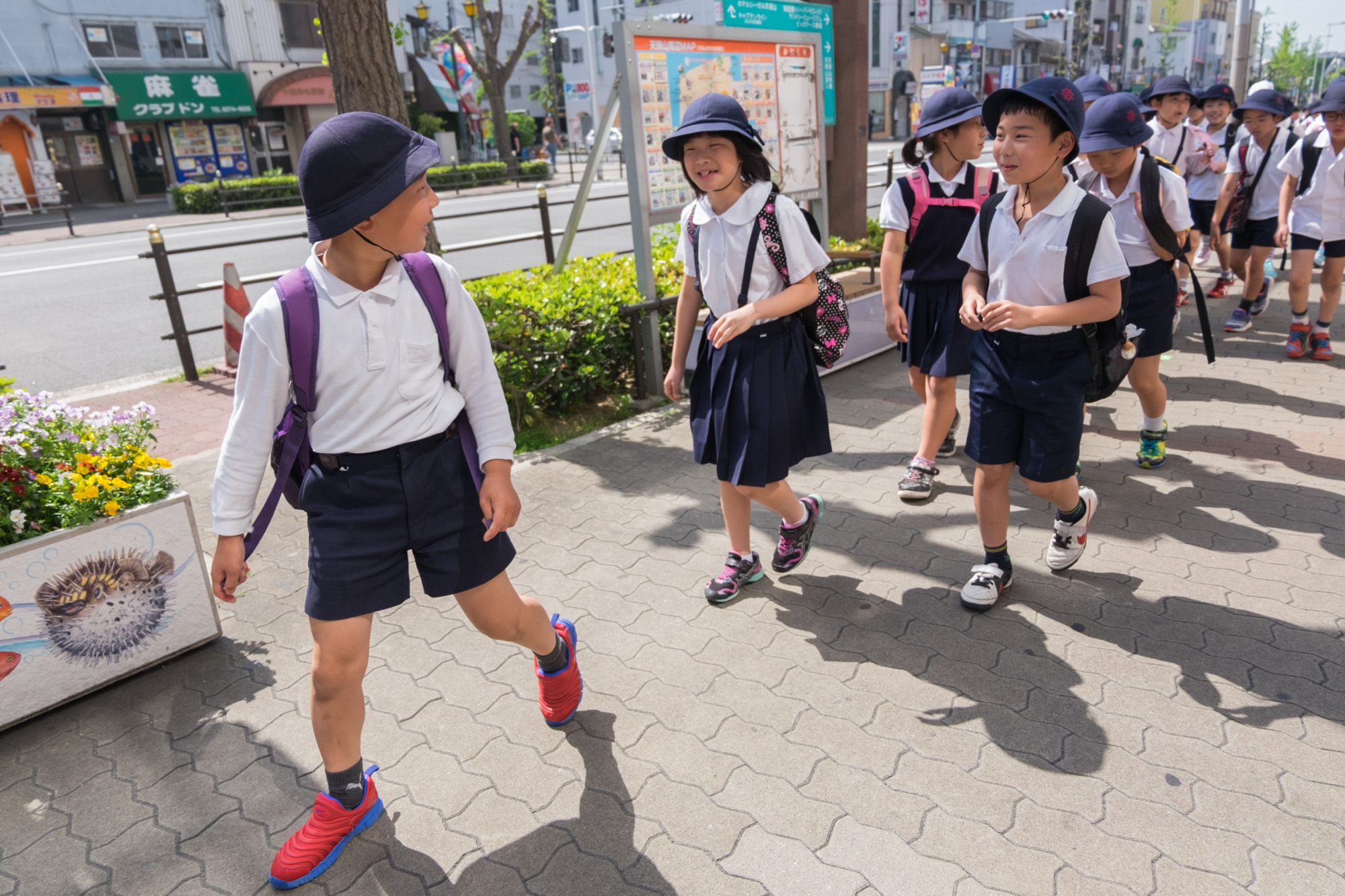The Japanese economy has been suffering in part because of an aging population, resulting in an extreme shortage of young labor. To compensate, Japan has begun actively allowing in foreign workers. Government data released in April 2019 show that the number of resident foreigners hit a record high of 2.22 million, 1.76 percent of Japan's population.
Has Japanese society welcomed these foreign workers with open arms? Not always. Shunsuke Tanabe, a Waseda University professor, explains that "many people in Japan think public security is getting worse as the number of foreign residents increases," an attitude that leads some to discriminate against newcomers. Many foreigners living in Japan feel alienated, often experiencing verbal or even physical abuse. For example, according to a survey conducted by the Anti Racism Information Center in Tokyo, a human rights organization made up of scholars, students and NGO workers, 167 out of 340 foreigners, including students, claimed that they have suffered from discriminatory acts.
Why is this happening? Although education is not often discussed in connection with immigration, the roots of the problem lie in the secondary school system, which elicits and encourages this type of discriminatory behavior. The Japanese school system incorporates militaristic and conformist ethics and permits strong government control over education through textbook and curricula censorship. Regarding curricula, the education ministry controls all kindergarten through 12th grade educational material. Schools have to follow guidelines called Gakushu Shido Yoryo, which tell schools what and how to teach — and which also excludes comprehensive humanistic education about topics such as human rights. Through this strong control, the ministry works to shape obedient students who will easily conform to social norms, not only in schools but also in their supposedly homogeneous society.

















With your current subscription plan you can comment on stories. However, before writing your first comment, please create a display name in the Profile section of your subscriber account page.